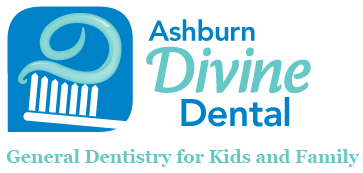Many people clench or grind their teeth. Some clench or grind throughout the day, while others do it while they are sleeping. There are many signs and symptoms of clenching and grinding. One of the most common symptoms is waking up with a headache in the temple area. Other symptoms can include a sore or tired jaw, neck pain, itching or ringing in the ears, chipped, broken or sensitive teeth. Your dentist or dental hygienist may notice the following signs of clenching or grinding: worn down teeth, notches in the enamel at the gumline, dimples on your molars, scalloped edges on your tongue, and overdeveloped chewing muscles.
What can I do to stop clenching or grinding?
The first thing you can do is become aware of the habit. Say to yourself, “Lips together, teeth apart.” Your teeth should only touch when speaking or chewing. When you find yourself clenching, relax.
How can I stop clenching or grinding when I’m sleeping?
You can’t! The best thing to do is to have an occlusal guard or nightguard made. This simple device doesn’t stop your habit, but it does prevent your teeth from coming together and your muscles from engaging. Therefore, wearing an occlusal guard prevents any further damage to your teeth, and gives your muscles some rest.
